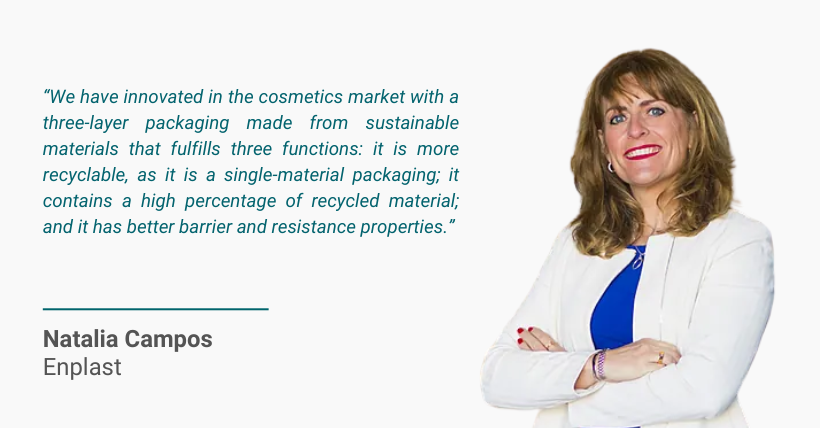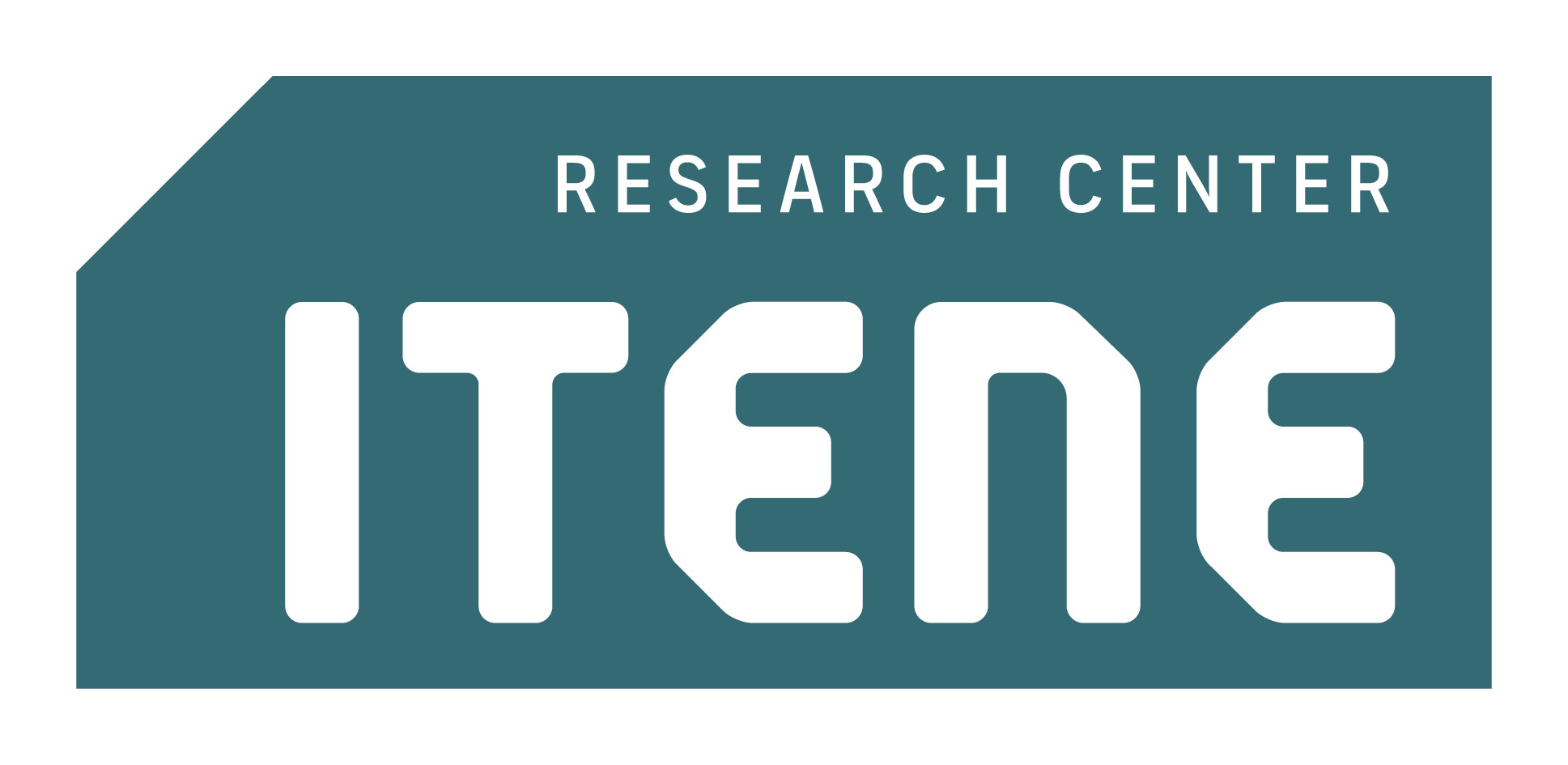ENPLAST (DECORAP Project): New three-layer packaging with improved recycled HDPE for cosmetic containers
The main objective of the DECORAP project is to develop three-layer (ABA) packaging for cosmetic products, incorporating a high content of recycled HDPE with improved properties through extrusion blow molding.
Context
The market demands single-material packaging that facilitates recycling and contributes to the circular economy. There is a need to obtain higher quality recycled material that allows for broader applications in the packaging industry.
The packaging industry is facing increasing pressure to adopt more sustainable practices. Legislation at the European and national levels requires progress in the recyclability of materials and effective recycling of packaging, as well as the introduction of recycled materials. Thus, European Regulation 40/2025 on Packaging and Packaging Waste establishes minimum recycled material content and requires that all packaging be recyclable by 2030.
At the national level, the Law on Waste and Contaminated Soil for a Circular Economy introduced a tax on the use of virgin plastic in packaging, which encourages the use of post-consumer recycled plastic.
For its part, the Royal Decree on Packaging and Packaging Waste establishes that by 2025, 65% of packaging must be recycled and post-consumer recycled plastic must be incorporated.
About Enplast and the DECORAP project
Enplast, a family business founded in 1979, is one of the leading manufacturers of containers and drums in the Iberian Peninsula, with an annual production of over 100 million units. Specializing in extrusion blow molding, it has established itself as a strategic supplier for large customers and is among the top three companies in its sector in the region.
Objective and results
The DECORAP project has developed a three-layer monomaterial container for cosmetic products. Being monomaterial (HDPE, high-density polyethylene), it is more easily recyclable. In addition, a high content of recycled HDPE has been incorporated and the properties of the virgin and recycled material have been improved through reactive extrusion.
In this way, the solutions found provide an opportunity to move more strongly towards the circular economy:
- The mechanical strength and stress cracking resistance of the recycled materials used in the three-layer structure have been improved.
- Reactive extrusion has made it possible to increase the properties of virgin HDPE. The purpose of this process is for the HDPE to act as a functional barrier, protecting both the cosmetic product and the consumer from possible risks of migration or contamination.
As a result, sustainable materials with improved properties have been obtained, which will contribute to the safety of the product, the user, and the environment. The packaging developed has applications in cosmetics, cleaning products, and lubricants.







